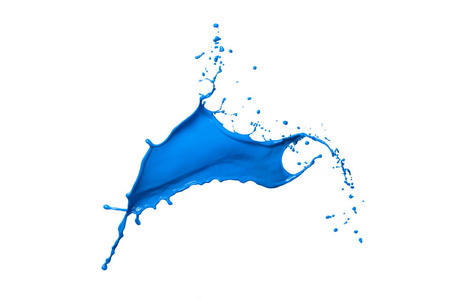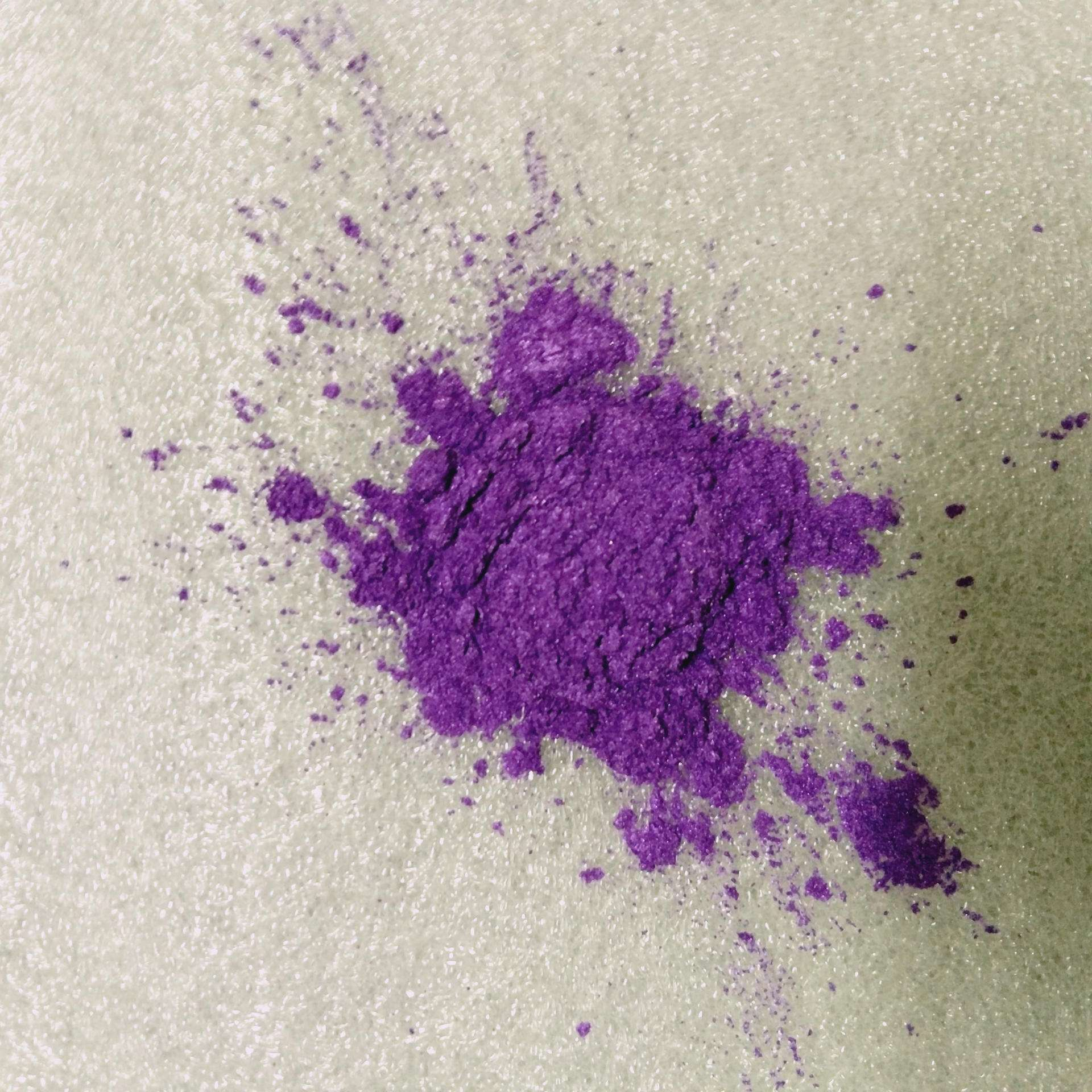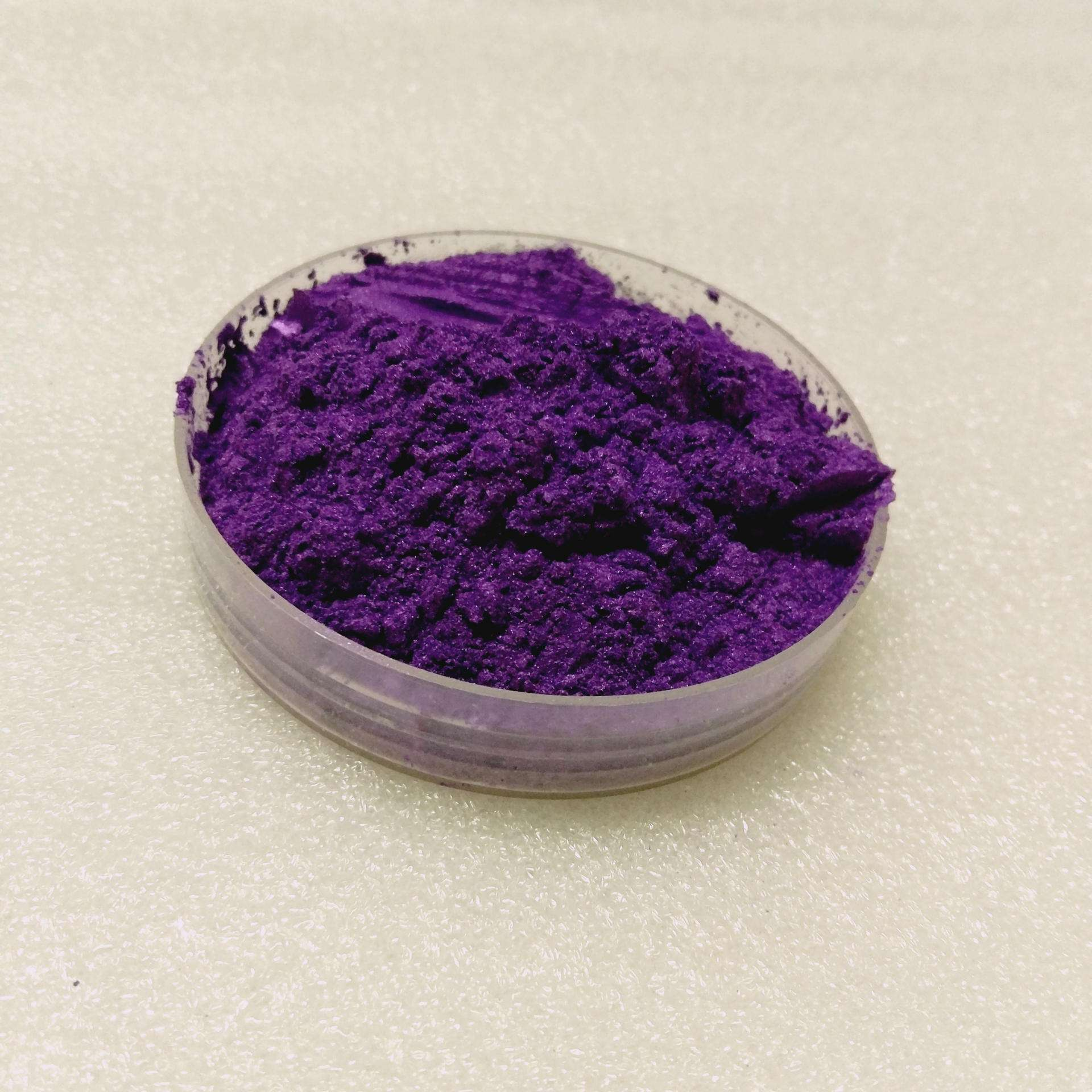New PBT resin provide excellent resistance to alkali stress cracking for automobile
Polyplastics recently launched a new PBT resin that is reported to have excellent resistance to alkali stress cracking and is suitable for a variety of automotive applications. The new resin, Duranex 532AR, also exhibits excellent hydrolysis and thermal shock resistance, as well as electrical performance for chassis and engine compartment components.
Duranex 532AR has strong toughness and alkali resistance.
As the requirements for durability, safety and reliability of automotive components continue to increase, the Duranex 532AR reduces the risk of cracking of the molded part by preventing alkali penetration into the resin, thereby enhancing toughness and helping to generate less stress. Alkaline substances can be formed by rusting metal parts. Duranex 532AR is formulated with a hydrolysis resistant formulation that provides better durability than standard materials.
Recent experimental evaluations have shown that when the sample is immersed in a base, the standard material Duranex 3300 and the hydrolysis-resistant, thermal shock-resistant Duranex 531HS crack within two hours. However, Duranex 532AR does not undergo stress cracking even after soaking for 200 hours.
The electronic components and sensors mounted near the engine are typically metal inserts that can cause thermal shock fractures when the temperature changes suddenly. This is because the linear expansion coefficients of the metal and the resin differ by about 10 times. Duranex 532AR has excellent thermal shock resistance and can withstand harsh environments.
The Duranex 532AR is reported to be an ideal material for components mounted in the chassis and vehicle areas that can be exposed to water and mud and come into contact with chemicals such as snow melting agents. Parts made of this new resin are highly reliable and have a long service life even in harsh environments.













